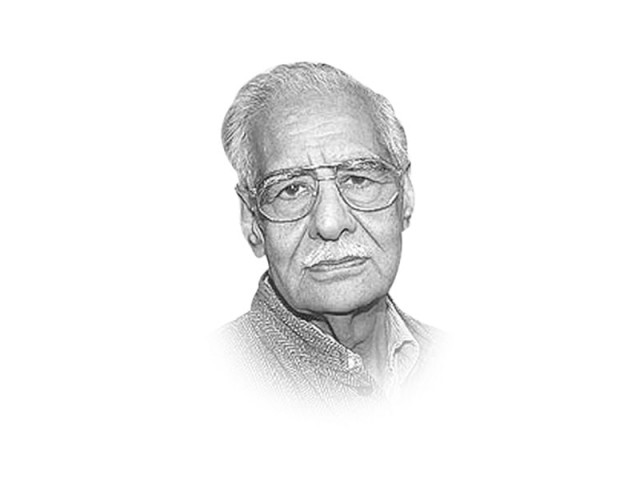India’s judiciary and parliament
It's been found that the mistrusted executive lets judiciary be a arbiter as at times its not sure which path to take.

However, one condition must be attached to the judgments given by the judges encroaching upon the executive’s territory: they should be held accountable for the verdicts they have given. It has been found that the executive, purposely lets the judiciary be the arbiter because at times, the government is not sure which path to take. No doubt, it speaks poorly of the rulers who represent the people. But the judges have little option except to deal with the matter when it is put on their plate. I would, however, like to see some bold judge returning the matter to the executive while stating that it does not come under the purview of the judiciary.
That the executive is trusted less and less as the days go by is a matter of concern. This has come to be known as policy paralysis. The rulers have to govern to sustain people’s faith in parliamentary democracy. The fact remains that, but for the judiciary, even the limited confidence in the system would have gone away by now. Take, for instance, the 2G spectrum scam. The Indian Supreme Court had to intervene to send the then communications minister, A Raja to jail. The recent coal scandal has once again shown that the government is mixed up in it. Again, the Supreme Court will have to come in at some stage to dig out the real facts. It is not surprising that the Samajwadi Party and the Left have demanded a probe by a sitting Supreme Court judge, not by any government agency, the Central Bureau of Investigation or the Central Vigilance Commission.
The government’s attack on the Comptroller and Auditor General of India (CAG) is misplaced and meant to divert the people’s attention. By pointing a finger of suspicion at the CAG, the government has questioned his credibility, something that has seldom been done. The CAG has been proved right in the 2G spectrum case and I have no doubt that he will be proved correct if and when the coal scam matter is sorted out.
Chief Justice Kapadia’s principled stand to keep the elected representatives at the top of the ladder, above the judiciary, is laudable. But what can one do when one-fifth of the members in parliament and assemblies are corrupt? It is difficult to improve matters until some movement for cleansing the public life triumphs. The Anna Hazare protest gave some hope, but he seems to have entrusted the task to team members who do not evoke confidence.
Present at the meet of Chief Justice Kapadia was former chief justice of India PN Bhagwati who Justice Kapadia hailed for delivering ‘constructive’ judgments. Justice Bhagwati is the same judge who sided with the Indian government when the suspension of the Constitution was challenged in the Supreme Court. At that time, everyone thought that he, known for his liberal views, would oppose the government. But he shocked the nation by casting his vote in favour of Indira Gandhi’s authoritarian rule during the emergency. He did not even tender an apology afterwards. What do other judgments of his, however laudable, mean if he falters at the time when the polity was challenged by undemocratic elements?
One other point which I liked in Chief Justice Kapadia’s address was the confidence he expressed in parliament. Protesters and demonstrators have every right to articulate their opinions. But for them to run down the institution of parliament and suggest that they are the arbitrators of the country’s affairs, betrays their ignorance of what a democracy is.
Chief Justice Kapadia was right in chiding the activists. They have to get elected to a state assembly or parliament to prove that the public has confidence in them. People’s power can no doubt be demonstrated through dharnas and fasts and their importance cannot be minimised. But ultimately, parliament has the last word in a democracy and that is the way it should be.
Published in The Express Tribune, September 20th, 2012.














COMMENTS
Comments are moderated and generally will be posted if they are on-topic and not abusive.
For more information, please see our Comments FAQ